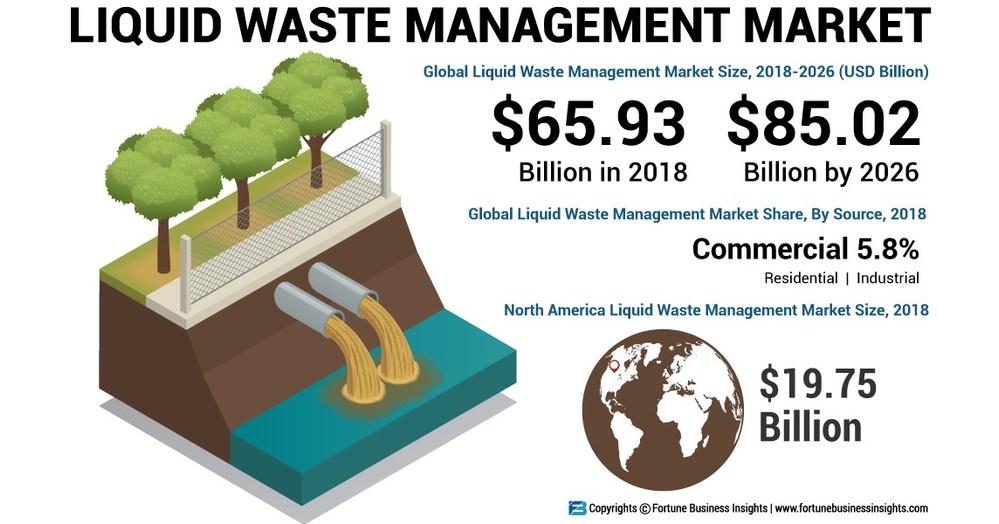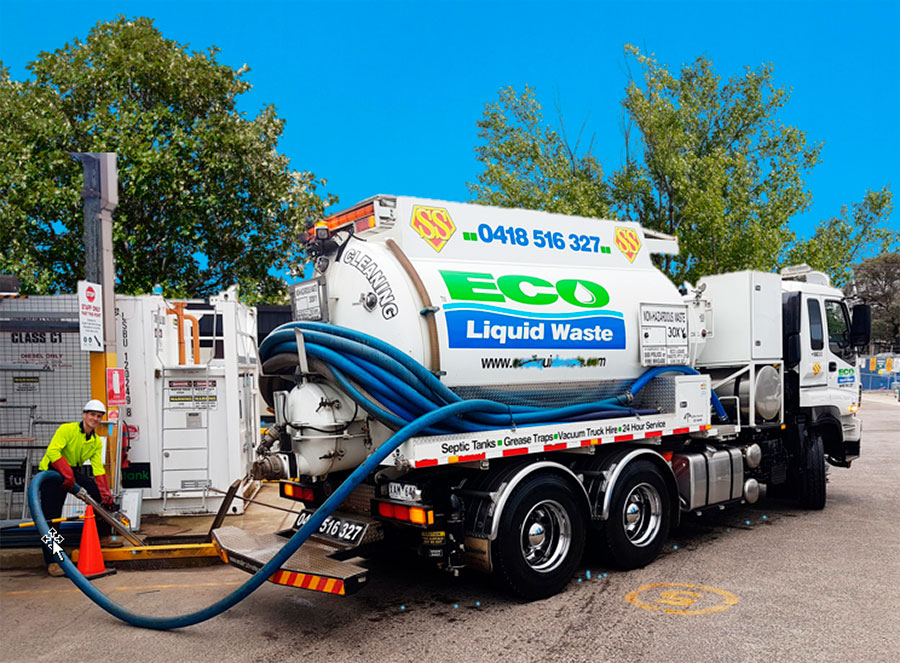Getting The Reclaim Waste To Work
Getting The Reclaim Waste To Work
Blog Article
Some Known Incorrect Statements About Reclaim Waste
Table of ContentsSome Known Questions About Reclaim Waste.Get This Report about Reclaim WasteReclaim Waste - An OverviewThe smart Trick of Reclaim Waste That Nobody is DiscussingReclaim Waste Fundamentals Explained
Residential sewage waste refers to the waste and products from a household septic storage tank. The appropriate administration and disposal of domestic sewage waste call for liquid waste to be transferred to a sewer therapy plant where the proper techniques and devices are applied to purify and dispose of waste.
Industrial waste usually consists of possible threats, such as combustible products or a combination of fluid and strong waste items, and requires an advanced and detailed disposal process. The disposal of commercial waste normally involves the filtering of waste before transport to make certain secure and correct disposal. Industrial waste is created from by-products and overflow of commercial procedures and manufacturing.
This sort of waste can not use the same sewage management transport or processes as septic or industrial liquids. The hazardous waste administration process needs the assessment and screening of fluid waste prior to it undertakes the disposal procedure (liquid waste removal). Drainage waste is the liquid waste that comes from runoff and excess stormwater in highly populated areas or cities
Drainage waste can trigger contamination and flooding if not dealt with correctly. Discover more about sewer cleansing and waste monitoring. Ensuring correct waste administration can stop catastrophes and decrease ecological injury. Both individuals in domestic settings and specialists in industrial or production sectors can profit from comprehending the processes and laws of fluid waste administration.
All About Reclaim Waste
Contact PROS Solutions today to find out about our waste management and disposal solutions and the appropriate ways to look after the fluid waste you produce.
(https://reclaim-waste.jimdosite.com/)This so-called 'wastewater' is not just an important source but, after treatment, will certainly be released to our land, rivers or the sea. Utilized water from bathrooms, showers, bathrooms, kitchen area sinks, washings and commercial processes is understood as wastewater.

water used to cool equipment or tidy plant and tools). Stormwater, a form of wastewater, is overflow that streams from agricultural and metropolitan locations such as roofing systems, parks, yards, roadways, courses and gutters right into stormwater drains pipes, after rainfall. Stormwater flows unattended directly to local creeks or rivers, at some point reaching the ocean.
The smart Trick of Reclaim Waste That Nobody is Discussing
In Queensland, most wastewater is treated at sewage therapy plants. Wastewater is delivered from domestic or commercial sites through a system of sewers and pump stations, called sewage reticulation, to a sewage treatment plant. Local governments build, maintain and run most sewer therapy plants. Operators are certified under the Environmental Management Act 1994 to release treated wastewater at an acceptable environmental standard right into waterways.
The Division of Natural Resources suggests neighborhood federal governments regarding managing, operating and keeping sewerage systems and treatment plants. In unsewered locations, city governments might need homeowners to install specific or house sewer treatment systems to deal with residential wastewater from toilets, kitchens, shower rooms and laundries. The Department of Natural Resources authorizes the use of household systems when they are proven to be reliable.
The majority of stormwater obtains no therapy. In some new communities, therapy of some stormwater to eliminate litter, sand and crushed rock has actually begun making use of gross toxin traps. Wastewater therapy takes place in 4 stages: Removes strong matter. Larger solids, such as plastics and other things incorrectly discharged to drains, are eliminated when wastewater is passed through displays.
Wastewater then moves into huge tanks where solids clear up and are removed as sludge. Grease and scum are skimmed from the surface area. Utilizes small living microorganisms referred to as micro-organisms to damage down and remove staying liquified wastes and great particles. Micro-organisms and wastes are integrated in the sludge. Gets rid of nitrogen and phosphorus nutrients that could cause algal blossoms in our rivers and threaten water life.
All About Reclaim Waste
Nutrient removal is not readily available at all the original source sewer therapy plants since it requires expensive specialized devices. Clear liquid effluent produced after treatment might still consist of disease-causing micro-organisms - liquid waste disposal melbourne.

The majority of wastewater streams right into the sewerage system. Under the Act, local federal governments carry out approvals and permits for ecologically pertinent activities (Periods) including wastewater launches that could have a neighborhood impact.
The Ultimate Guide To Reclaim Waste
Surveillance provides valid details about water quality and can confirm that licence problems are being fulfilled. The details gotten via tracking supplies the basis for making water high quality decisions.
Report this page